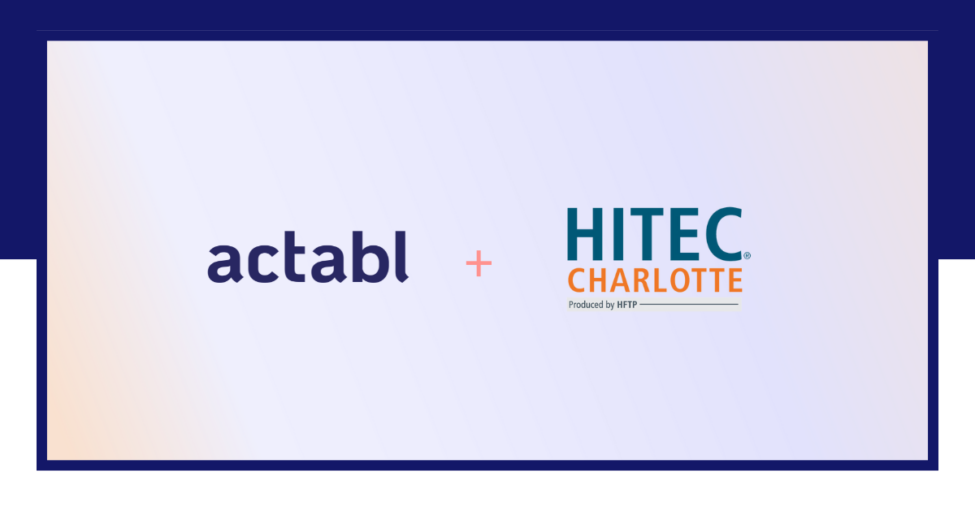
Security and tech trends in the hospitality industry for 2019
The hospitality sector is of course reliant upon fantastic customer service – but sometimes we can overlook the role of both security and technology across the industry. Not only can these issues have their own benefits but they can make other tasks simpler for businesses, from providing more time for your staff, to keeping customers feeling safe and secure. Here are five security and technology trends that anyone in the hospitality industry needs to keep up with in 2019.
This is a blog post by Dakota Murphey.
Technological advances will improve self service
There is plenty of research to suggest that there is a growing interesting from both hospitality businesses and their customers in the potential for self-service solutions. For example, a recent study from Zebra Global Hospitality found that 70 percent of hotel guests would prefer to use their smartphone to speed up the process of check-in and receive services.
In 2019, guests are becoming more used to using technology and are very happy to do so when they benefit. This means that increasing speed and convenience are essential for those businesses in the hospitality industry that went to impress their customers, who increasingly demand a fast and efficient service. Advancements in the technology used will reduce any potential issues and ensure that they are completely reliable.
A focus on ‘invisible’ physical security
There are many hotels and other properties within the hospitality industry that feel like they need to upgrade their physical security measures. However, one thing that can put businesses off from investing in these defences is that fact that they can ruin the aesthetic of a property. Huge barriers and barricades don’t look appealing on the eye, and many worry about putting guests off.
However, there are options that are not visually unappealing. According to leading UL security contractors Maltaward:
“Malta rock barriers are a great way to maintain an attractive appearance at your hotel or property grounds while limiting access or protecting areas These barriers can be used to restrict access to your car park or other parts of the grounds. In 2019, we are seeing a rise in the number of physical defences that blend in or are ‘invisible’ with the aesthetic of the property.”
Artificial intelligence will become used increasingly within the sector
There have already been many successful deployments of artificial intelligence (AI) across the hospitality industry. For example, train operator Eurostar launched an interactive humanoid robot called Pepper that offers information and assistance. But this is just scratching the surface in terms of the possibilities with AI. The progress is expected to pick up enormously over the course of 2019 as more businesses become used to the technology and begin to see the benefits.
This technology has the potential to enormously improve customer service levels whilst providing more time for human resources to get other tasks done. This makes AI absolutely vital for the future of the sector. There are a range of new ideas coming through that can be relevant across the industry, including facial recognition technology.
Business will need to invest even more in cyber security
When the General Data Protection Act (GDPR) was introduced in May 2018, it stepped up the importance of businesses across all industries protecting their cyber systems. However, it is arguably even more important for those in the hospitality sector as this is naturally an industry that handles a large amount of customer personal details. This makes hospitality businesses are obvious target for hackers.
And it’s not just compliance with the GDPR that has increased the need for cyber security. Hackers and cyber criminals are becoming increasingly sophisticated – this means that is necessary for companies to invest more heavily in the kinds of technology that can keep them secure.
Using voice assist more effectively
We are already beginning to see a huge range of uses for voice assist technology in the hospitality sector, but as its adoption grows that may be some unforeseen possibilities. Whether it is being used to check-in or get customer assistance, it may soon be possible for customers to simply speak to a mobile phone screen and get everything sorted.
The partnership between ALICE and voice technology specialists Volara is a great example of innovation in the sector. A recent report revealed that 73 percent of travelers would like to have voice controls when in a hotel. The ALICE integration with Volara allows guests to use voice commands to Amazon Alexa devices, which are then routed as digital tasks to staff through ALICE, making it easy to track and complete.
Dakota Murphey is a Brighton based writer with many years’ experience working for various local companies and SMEs. Having specialized in business behaviors and the implementation of new practices/technologies, Dakota now focuses more on her work as an author – and writes for a number of print and online publications.







